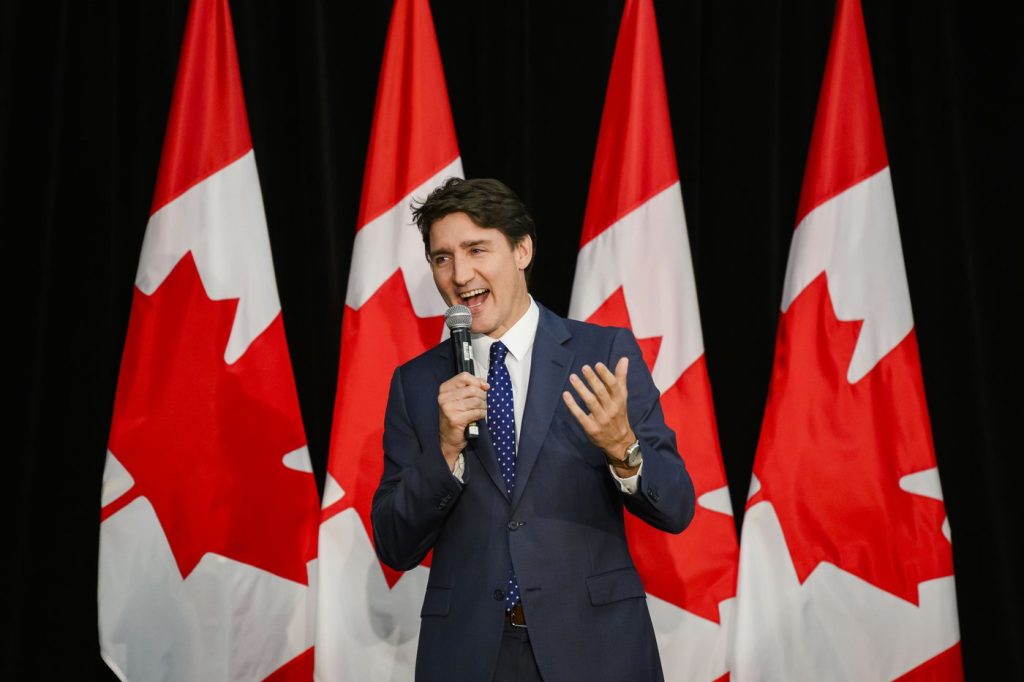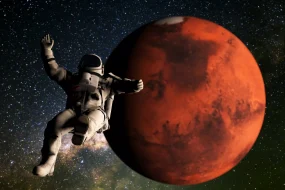
As 2024 comes to a close, Canadian Prime Minister Justin Trudeau finds himself in a precarious political situation. With mounting pressure from his own party and a decline in public support. The likelihood of him losing his seat in the next election appears increasingly plausible. This blog explores the factors contributing to this scenario and the potential outcomes for Trudeau and the Liberal Party.
Growing Pressure from Within
Following the recent resignation of Deputy Prime Minister and Finance Minister Chrystia Freeland, Trudeau’s leadership has come under intense scrutiny. Her departure, which was accompanied by sharp criticism of Trudeau’s handling of the economy. This has sparked calls for his resignation from various factions within the Liberal Party. The party’s internal dissent is a clear indicator of the waning confidence in Trudeau’s ability to lead effectively.

Declining Popularity
Public sentiment towards Trudeau and the Liberal Party has soured significantly. Recent polls indicate 75% of Canadians disapprove of Trudeau’s government. The Conservatives led the Liberals by a substantial margin—43% to 23%. This decline is about various factors, including rising inflation, high living costs, and the government’s handling.
The Threat of a No-Confidence Vote
The Liberal Party’s minority status in Parliament means that they rely on the support of other parties, particularly the New Democratic Party (NDP), to maintain their grip on power. However, the NDP has recently withdrawn its support, leaving the Liberals vulnerable to a no-confidence vote. If such a vote were to occur and the Liberals were to lose, it would trigger an immediate election, likely favouring the Conservatives in the current political climate.

Potential Outcomes
- Resignation: If Trudeau chooses to resign, the Liberal Party would need to appoint an interim leader. This could lead to a shift in party dynamics and potentially rejuvenate their chances in the next election.
- No-Confidence Vote: Should the opposition parties unite to call for a no-confidence vote, Trudeau’s government could be ousted, leading to an early election. Given the current polling, the Conservatives would likely emerge victorious.
- Hanging On: While the political winds are against him, Trudeau could attempt to cling to power, hoping for a turnaround in public opinion before the next scheduled election in October 2025. However, this scenario seems increasingly unlikely given the current trajectory of his approval ratings.
The likelihood of Prime Minister Justin Trudeau losing his seat is high, given the internal pressures within his party, declining public support, and the looming threat of a no-confidence vote. As the political landscape evolves, the coming months will be critical for Trudeau and the Liberal Party as they navigate these challenges.
Read more on Lifetíp.blog













